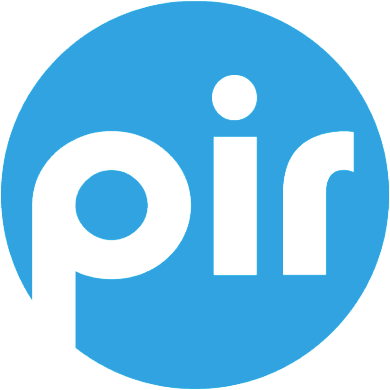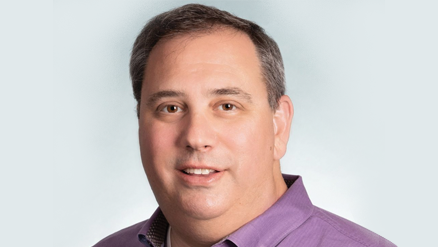In that same vein, we recently rolled out our third iteration of our "Quality Performance Index” or QPI. QPI is a registrar incentive program that creates an indexed "quality score" for a registrar's domains, factoring abuse rates (first and foremost), renewal rates, domain usage, SSL certificates, and DNNSEC. Only registrars meeting our threshold QPI score are eligible to participate in our incentive programs. QPI has been well received by registrars and the community as a whole and was recently featured as a "Registry Best Practice” by the Government Advisory Committee's Public Safety Working Group.
PIR's Anti-Abuse Principles
We have spent the last several months developing a set of seven core Anti-Abuse Principles that will guide our efforts to build a cleaner, safer, more trusted .ORG domain. These principles present a roadmap and are not intended to serve as a "green light" for PIR to become a content regulator. In fact, in 2019 so far, we have suspended a total of 28,675 domain names under our Anti-Abuse Program, of that number only eight were suspended because of the content associated on the domain (six for containing Child Sexual Abuse Materials ("CSAM") and two for distribution of opioids online). We believe these seven principles are the next step in an ongoing, iterative process to create a safer, cleaner, and most trusted space for the .ORG community.
1. Registrants can expect to enjoy the benefits of registration, including free expression – Everyone who visits or registers a .ORG site should be able to express themselves and their views freely as long as they don't breach legal requirements, PIR's Anti-Abuse Policy or these principles.
2. Due process must be observed in each decision; this includes having a publicly available appeal process – Abuse mitigation can work only if it is seen to be fair and to follow basic principles of due process, including notice through the registrar to the registrant (subject to ordinary limits like law enforcement demands), an opportunity to be heard, an opportunity to cure or correct any Abuses, and the ability to appeal decisions taken.
3. We will act transparently with regards to Abuse – Every quarter, PIR will publish its Abuse and takedown numbers, including DNS Abuse (like phishing, malware, botnets, etc.), civil court takedown orders and Website Content Abuse suspensions.
4. We should do what is right, even when it is hard – PIR is fortunate to serve as steward for the trusted .ORG space where so many are doing so much good online. We cannot and won't do the bare minimum on Abuse, but we will be forward leaning and thoughtful in all cases. This approach may make waves and may prove challenging at times, but if what we are doing on a given complaint is right when all factors are weighed, it should be done. Would it be easy and legally conservative to not take action against a domain name that hosts CSAM or incites violence absent a court order? Yes, but we don't think it is the right thing to do.
5. Actions will be proportionate and with a clear understanding of collateral damage – PIR as a registry can't remove individual pieces of content on a website. Instead, we can only take down the entire domain name, along with any and all postings, threads, third-level domains, email, and all other content associated with the website attendant to the domain. Hypothetically, if GöransList.ORG, a domain with a popular forum/posting site, had a handful of posts with illegal content among the millions and millions of posts on that site, PIR suspending the entire domain name would not be proportionate or appropriate. Suspending that domain would effectively remove millions of legitimate pieces of content and affect not just the registrant but end-users worldwide. Acting at the DNS level to address Website Content Abuse can cause immense collateral damage.
6. We must factor in the scale of harms in making decisions on Abuse – We must weigh all factors and when online harms are severe enough, the strong action of suspending a domain name may be, in some circumstances, an appropriate action. In cases involving CSAM, human trafficking, or other Abuse that poses threat to human safety we will not hesitate, consistent with due process and these principles, to act swiftly.
7. Action based on illegality must be apparent on its face – When the Abuse takes the form of illegal content, we will work with trusted experts to evaluate the facts and take appropriate action, such as the Internet Watch Foundation, the National Center for Missing and Exploited Children, etc. In some cases, the illegality will be clear from the nature of the Abuse, but in others, it may require a more nuanced analysis and corresponding caution on our part. In many cases, only the courts can make a final determination of what is illegal and what is not.
Protecting the .ORG community is our number one priority when it comes to fighting DNS Abuse. Our Anti-Abuse principles make our approach regarding Anti-Abuse efforts more thoughtful and comprehensive. PIR welcomes any views, concerns, and improvements the public and especially the .ORG community regarding these principles. As stewards of the .ORG community and for the Internet, we are doing more, and we are doing it right now.

